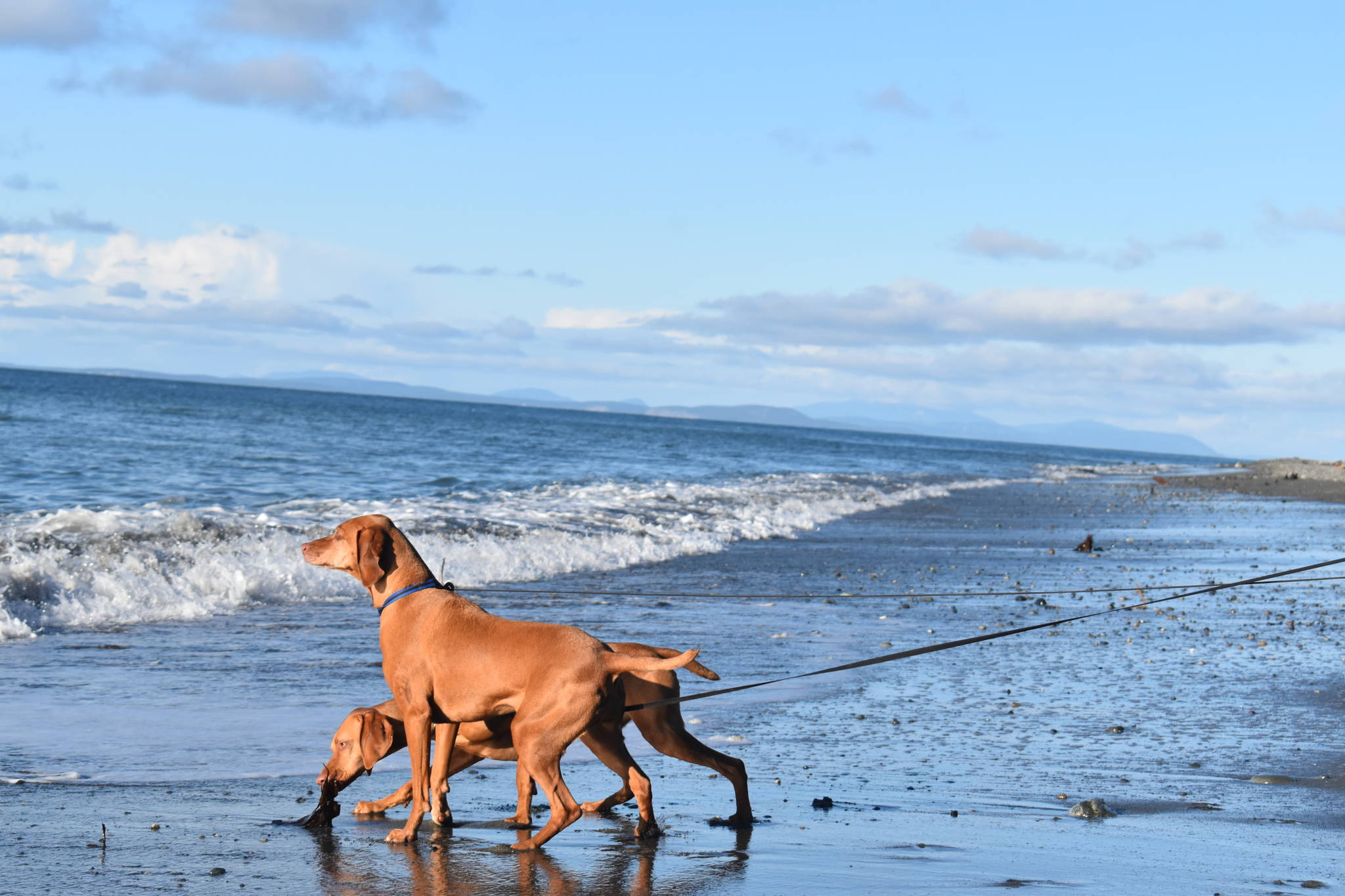The Town of Coupeville is opposing a Navy application to conduct advanced training for special operations SEALS in 28 state parks.
Council members and Mayor Molly Hughes sent a letter to Washington State Parks Commissioners last Friday outlining their concerns about the proposed increase in military training.
The letter states support of the Navy but cites apprehensiveness about the environmental impacts of the training, amount of state park usage and a detrimental effect on tourism.
Two of the parks, Fort Casey and Fort Ebey, are located within Ebey’s Landing National Historical Reserve on Whidbey Island.
“The town is a partner with the Reserve and we work hard to protect the historical landscape and the historical resources of the area,” the letter said.
“Advanced military training is not in keeping with the culture of the Reserve or our state parks.”
There are concerns about damage to critical areas, bluffs, sensitive wetlands, farmlands, forests, native prairies and historic military structures and negative impacts to endangered plants and wildlife habitat, the letter noted.
The town’s letter also points out that there are no limitations on the number of days a park can be used for Navy training, nor is there a plan that would equally distribute training among all 28 parks.
“There does not seem to be a restriction on military personnel coming from other states to train in our state parks,” the letter said. “There does not seem to be limits on how many military members can be training in a park at one time.”
The letter also expresses the belief that, with increased military training, Deception Pass State Park would see fewer visitors, which would in turn affect Whidbey’s businesses and the local economies.
In addition, the letter cites inappropriateness of covert surveillance in a state park which people visit to relax and enjoy the outdoors, and the fact that the Navy already owns shoreline that can be utilized for training in lieu of state parks.
“Washington state has been very welcoming to the U.S. Military, and that relationship has been beneficial for both parties, however there comes a point when the military impact on our communities becomes more than our state should allow or can bear,” the Coupeville letter states.
Coupeville joins Langley in formally opposing Navy training in state parks.
Langley’s city council passed a resolution in December opposing the Navy’s use of state parks.
An online petition created by the citizen group Whidbey Environmental Action Network, or WEAN, collected 6,501 signatures as of Monday afternoon.
The Oak Harbor City Council has not expressed its view on the Navy’s training proposal.
The State Parks Commission is expected to reach a final decision on the matter by this Thursday.
A public comment period was scheduled earlier this week.



